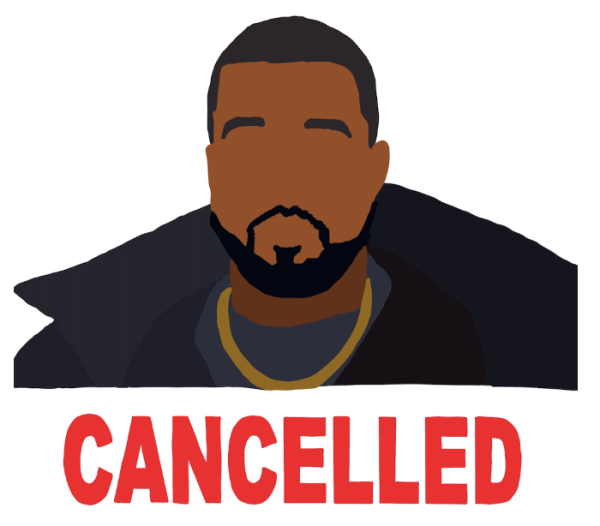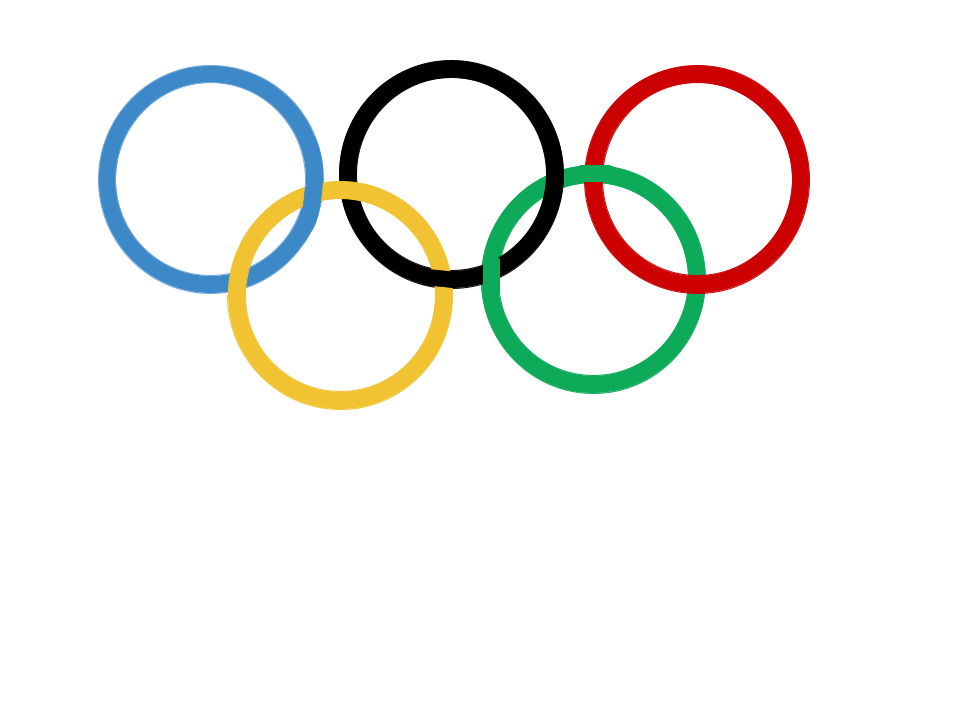A camera clicking, X (previously known as Twitter) users posting, a Tiktok going viral: three actions are all it takes to cancel a celebrity in 2024.

Cancel culture is the act of ostracizing a public figure because of an opinion they post on social media or other outlets about a controversial topic. This is the latest use of American’s right to “free speech.” But is cancel culture overstepping First Amendment protections?
Activists and social media enthusiasts see the act of canceling someone as a form of free speech that is necessary to hold celebrities accountable. But critics of cancel culture see it as unjust censorship that could destroy a person’s career.
Rachel Zegler, known popularly for her role as the lead actress in the prequel to the Hunger Games blockbuster trilogy, “The Ballad of Songbirds and Snakes”, fell victim to cancel culture after being cast for the Disney remake of their 1937 animated movie Snow White.
According to NBC, in an interview with Variety at the 2023 Disney Expo, Zegler said: “It’s no longer 1937,”adding that in the remake, Snow White is “not going to be saved by the prince, and she’s not going to be dreaming about true love.”
Zegler boldly criticized the original film’s plot as outdated and demeaning to modern gender roles, as it followed a “damsel in distress” archetype of a princess who received their happily ever after through marriage. Hate spread quickly for the actress through social media, for wanting to change a film considered as a timeless classic.
3 months after Zegler’s comments, “The Ballad of Songbirds and Snakes” was released and Zegler was un-canceled and lauded for her acting. But the controversy continued to remain freshly unfair for many.
“Although Zegler could have worded her criticisms better, she wasn’t entirely wrong in calling Snow White outdated,” said Ashika Senthilkumar (‘24). “The hate she received felt so wrong.”
Zegler is one example of a figure who, to users, was unfairly treated by the media; however, with other celebrities, the controversy is called more into question with offensive comments and opinions.
Rap artist Kanye West is under fire on social media for anti-semitic comments. Users attacked West and corporate sponsors like Balenciaga, Adidas and Vogue dropped their partnership with him..
In West’s case, where his opinion targeted racial groups of people in a hateful manner and was not protected under the First Amendment, users argue that he should be held under scrutiny and his connections getting cut-off is justifiable.
“His music is good, but Kanye’s comments were offensive to the Jewish community,” said Aishik Sinha (‘25). “I feel like, to some extent, he should be held accountable for that.”
So where is the line to cancel someone, and should social media users be responsible to gauge that line?
Social media activists argue that cancel culture spreads a message quickly and effectively. Because celebrities can influence public opinion, what they say matters. They contend that figures be held liable for making disrespectful comments, and that social media users have an ethical responsibility to bring awareness to such people.
But, critics against cancel culture wonder whether social media takes responsibility too authoritatively. Should any Tiktok or Instagram user have the ability to make or break the career of a rising celebrity with one post?
Is social media the introduction of an era of innovative activism, or a descent into mob mentality?





